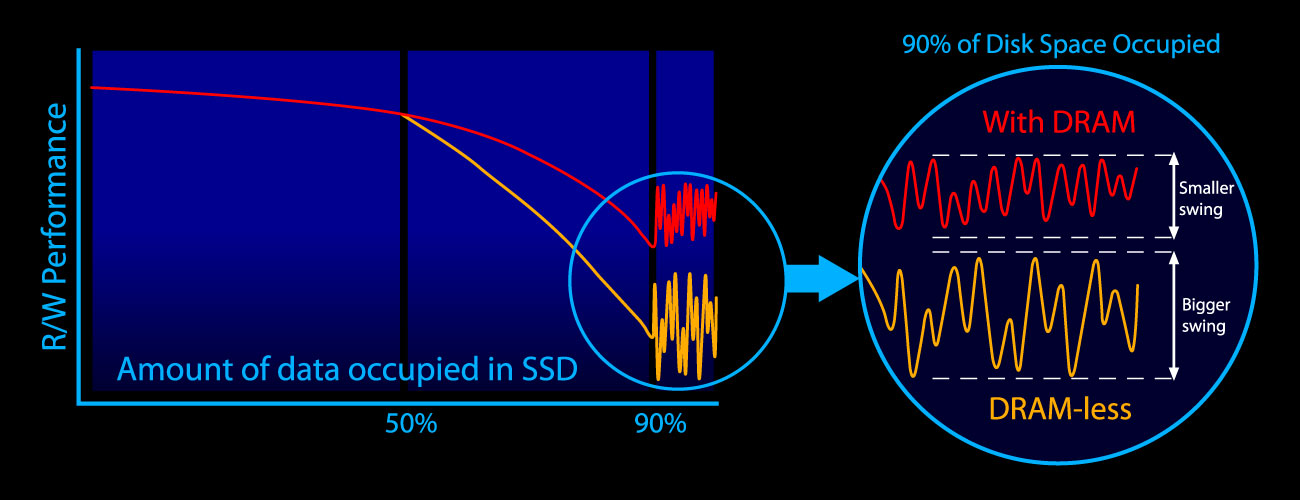I've got a couple tower computers I'm fixing up and need to install drives in them. Both need about 1TB of storage besides whatever Windows a couple of apps will need. These are both older SATA computers, no NVME.
Of course I'd like to have an SSD for a boot drive. I've always gone with the Crucial MX500 series due to the low cost and it's DRAM cache. I'm also a little concerned about SMR reliability if I go with a hard drive as a second drive, but am unsure if my concerns about shingled drives is valid for just simple file storage on a PC.
So here's what I've come up with:
I guess the question I'm asking is which will be more reliable for the cost in the long run. I'm not concerned with losing files. But I don't want to spend top dollar and a flimsy drive either.
Of course I'd like to have an SSD for a boot drive. I've always gone with the Crucial MX500 series due to the low cost and it's DRAM cache. I'm also a little concerned about SMR reliability if I go with a hard drive as a second drive, but am unsure if my concerns about shingled drives is valid for just simple file storage on a PC.
So here's what I've come up with:
- I could go with just an SSD. It seems that the MX500 doesn't come in 1.25 or 1.5TB flavors, so a 2TB would likely be what I'd need. But those go for around $200 right now. Or I could get a 250GB or 500GB drive for around $48 or $55 respectively and another 1TB SSD for about $100, for about $150 or so for 1.25 or 1.5TB total.
- Or I could go with a smaller SSD, like the 500GB MX500 for $55, and a HDD like a 1TB WD Blue for $38 more, or just under $95.
- But if I avoid SMR then it's a 1TB WD Red for $59, or about $115 when paired with the MX500 500GB.
- But for just a little more I can keep all the files on just one drive if I go with a 2TB SSHD SG Firecuda for about $118. I don't know if those are SMR or not and they only have 8GB of nand flash storage, but do have 64MB of cache. We have one computer with a 1TB SSHD (not sure the specs) but it seems to work pretty well, almost as good as an SSD for booting.
I guess the question I'm asking is which will be more reliable for the cost in the long run. I'm not concerned with losing files. But I don't want to spend top dollar and a flimsy drive either.


